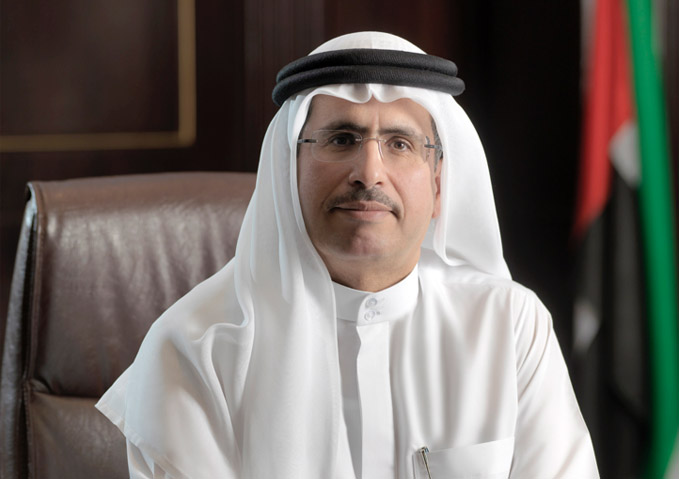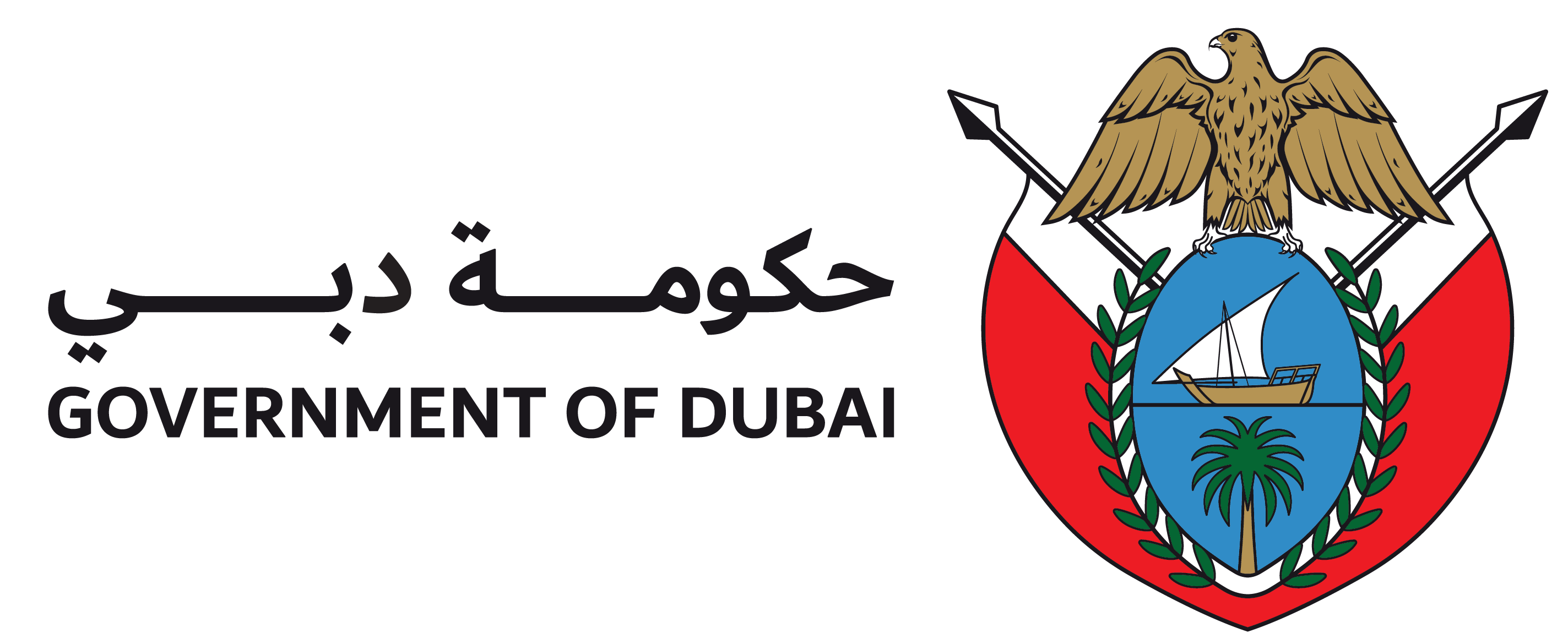Dubai Supreme Council of Energy directs district cooling companies to reduce bills

In line with the directives of HH Sheikh Mohammed bin Rashid Al Maktoum, Vice President and Prime Minister of the UAE and Ruler of Dubai, to increase the share of renewable and clean energy in Dubai’s energy mix, and following the decision issued by HH Sheikh Ahmed bin Saeed Al Maktoum, Chairman of the Dubai Supreme Council of Energy, to reduce the fuel surcharge for electricity from 6.5 to 5 fils for kilowatt hour and for water from 0.6 to 0.4 fils for Imperial Gallon, HH Sheikh Ahmed bin Saeed Al Maktoum has directed all district cooling companies to fully implement this reduction in their customers’ bills and to take the necessary measures in this regard.
The new decision reflects the Dubai Supreme Council of Energy’s commitment to enhancing the competitiveness and economic sustainability of Dubai in line with the objectives of the Dubai Clean Energy Strategy 2050, which aims to transform Dubai into a global hub for clean energy and green economy and make Dubai the city with the lowest carbon footprint in the world by 2050.
“The Dubai Supreme Council of Energy’s decision to reduce the bills for district cooling companies’ customers supports the directives of His Highness Sheikh Mohammed bin Rashid Al Maktoum, Vice President Prime Minister of the UAE and Ruler of Dubai, to ensure a decent life for the residents of Dubai. The decision also supports the Demand Side Management Strategy 2030, which the Council launched and aims to reduce demand for electricity and water by 30% by 2030 in line with its efforts to make Dubai a leading example in the efficient management of electricity and water demand,” said HE Saeed Mohammed Al Tayer, Vice Chairman of the Dubai Supreme Council of Energy.
“District cooling supports the objectives of the Carbon Abatement Strategy to reduce carbon emissions, which achieved great success in 2019. More than 14 million tonnes of emissions were reduced last year, a 22% reduction compared to business as usual. Results achieved exceeded the targets set in the Dubai Carbon Abatement Strategy, which aims to reduce carbon emissions by 16% by 2021,” added Al Tayer.


